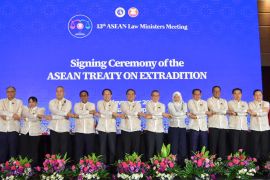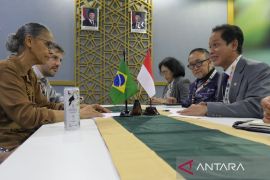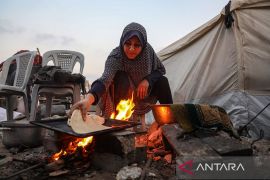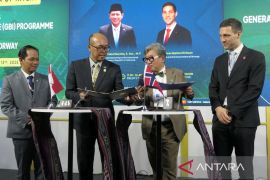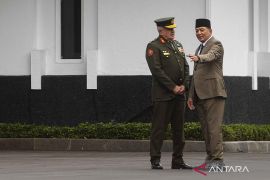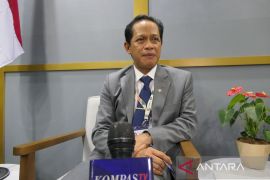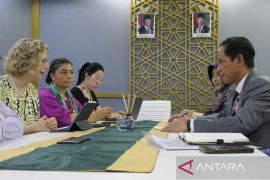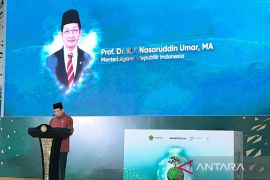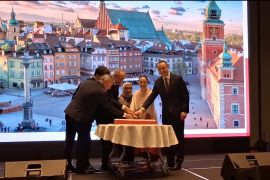These include the elimination of all forms of forced labour, freedom of association and organization protection, equal wages for men and women, and a minimum age for work.
Bans, and actions relating to dangerous and harmful jobs involving children have also been ratified by Indonesia.
These conventions provide tried and tested, internationally accepted foundations for building sustainable, equitable, economic and social progress as well as essential guarantees of rights and freedom at work.
Average wages and incomes have risen significantly in the Asia-Pacific region, while the number of extremely poor people has dropped rapidly from 21 percent in 2006 to 10 percent in 2015, Ryder pointed out.
Labour productivity in the region has also grown annually at around twice the global rate.
As home to 60 percent of the worlds labour force, the Asia-Pacific region has shown remarkable progress, said Ryder.
"But you know better than most that the quality of everyday life cannot be fully captured just by macroeconomic aggregates and generalities," he remarked.
Despite its impressive achievements, the region continues to face huge challenges, including nearly 192 million workers who still live in poverty and more than a billion labourers who are employed in vulnerable conditions.
The ILOs 16th Asia Pacific and the Regional Meeting being held here hopes to evolve solutions and promising outcomes during discussions between governments, workers, and employers.
"It is clear that our work remains unfinished. The challenge now is not only to build on the progress so far, but also to ensure that it is inclusive and reaches all women and men," Ryder reiterated.(*)
Editor: Heru Purwanto
Copyright © ANTARA 2016
